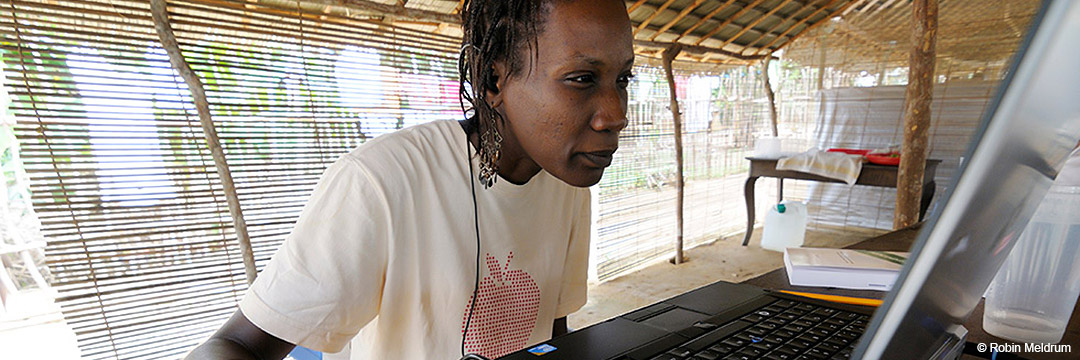Telling “American” Jokes and improving online trainings
2020.11.18
Ever read Kazuo Ishiguro’s “The Remains of the Day”? In it, Mr. Stevens - a butler at Darlington Hall – practices how to make “American” jokes ostensibly for the purpose of making his new US-born master laugh. But more profoundly, Stevens does this to find a medium through which to change their relationship.
As COVID-19 pushes more of our work-lives into the medium of cyberspace, one of the most important lessons we are learning in the Japan Innovation Unit’s organizational and systems work is the importance of recreating informal communication. We previously shared ideas for bringing non-verbal communication into online meetings here and finding ways to create when remotely onboarding new staff here.
Our work designing online training programmes – the topic of this blog – has encountered very similar communication issues. We assumed that structuring online trainings would focus on the acquisition of knowledge and skills; after all, this is how trainers generally measure the success of their training. However, as design thinking people, we made sure to leave space for our assumptions to be challenged and seek other perspectives.
With assumption testing in mind, we did a series of interviews about the different experiences people have had between in-person and online trainings. Mariko, who has participated in MSF trainings both in-person and online, gave a quote that is emblematic of one of our findings:
“Training is not only about knowledge, it is creating networks, getting tips from experienced people. This information from informal communication is very important for successful training.”
Mariko Tamura, an MSF field worker
From quotes like Mariko’s it is clear that success in training for participants is more than just the acquisition of knowledge and skills.
How can online training meet both these definitions of success?
Both of these measures of success face challenges when moving trainings online. Facilitating formal knowledge transfer online generally receives most attention. Several tools are now available to recreate classrooms virtually. Group work is possible through video conference work rooms. Best practices for facilitating – for instance having a second facilitator manage any online workspace (such as a whiteboard) while the first facilitator runs the session – have been developed and are now widely available.
While simpler in nature, the challenge of facilitating the networking opportunities and informal exchanges online that Mariko highlights has received much less attention. During in-person trainings, these exchanges naturally occur during breaks in the middle of, and between, modules. But in our experience of online trainings, breaks are not used in the same way. Instead, they are exclusively used by everyone as a chance to step away from their computer. This too is self-evidently important; but it definitively ends any chance for informal interaction.
How can we digitise breaks to better meet the needs of online training?
Our favoured solution – which we hope to test during online training events in the near future – is to schedule two types of breaks during online training, and explicitly define ahead of time which are on and offline breaks. For instance, we might structure some pauses between modules as casual online sessions for feedback and questioning (of course, having a mug of something on hand is most ideal). We would then schedule one offline break (perhaps a long lunch break), and then return online to do an energizer before starting the afternoon session. This way, we can offer explicit break times away from the computer for participants as well as organisers, but still get some time for informal discussions.
We are not yet telling jokes like Mr. Stevens, but we are testing and practicing our two-breaks approach to better satisfy the needs of training participants during online trainings. We believe the approach has merit and will continue to refine it going forward.
Contact
MSF Japan Innovation Team
MSF Japan Innovation Team is providing innovative ideas of solutions to the MSF activities. If you, either as a company or as a professional, have an idea that would be beneficial to our projects as well as patients, please contact us. Your innovative proposal is always appreciated.
-
E-Mailinnovation@tokyo.msf.org
